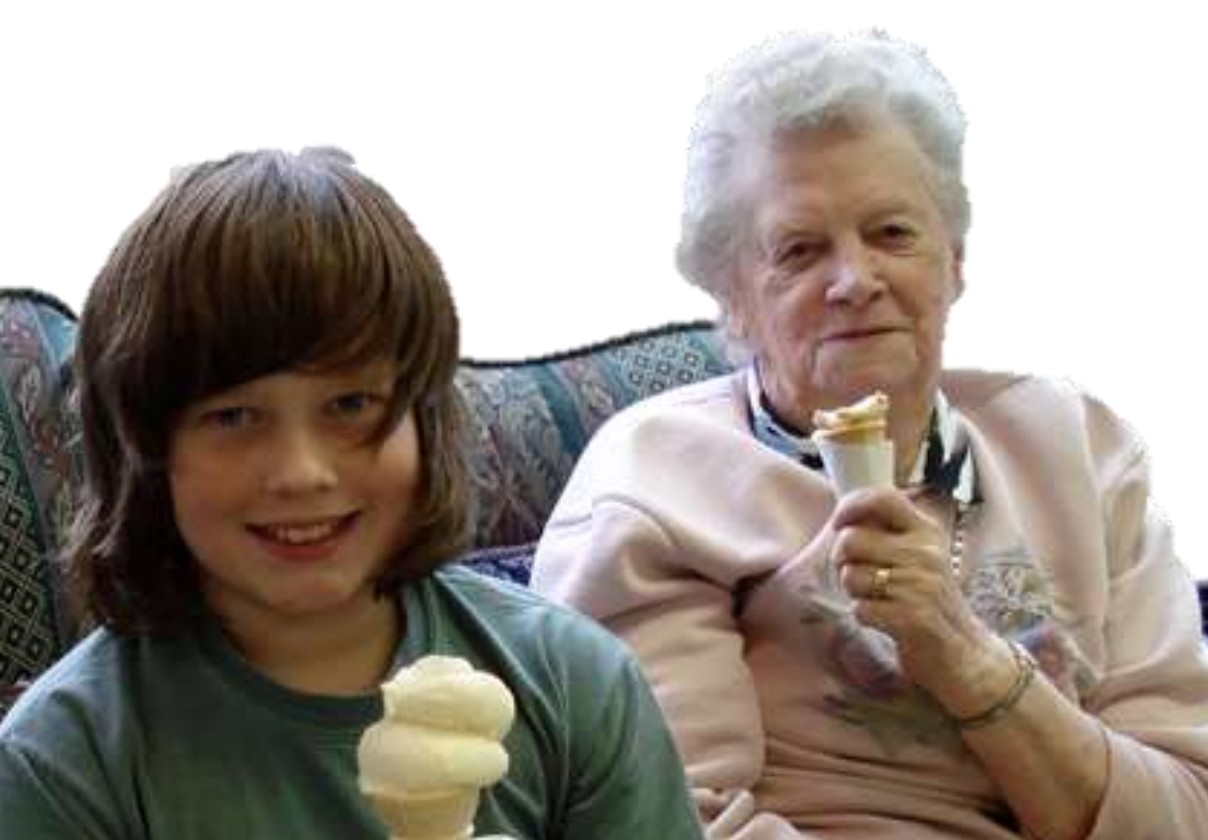Blog
- Details
“Imagine all the people
Living life in peace”
John Lennon
June 15th is the eleventh commemoration of World Elder Abuse Awareness Day (WEAAD)! This blog is about the power of imagination... how it helped bring us to where we are today, and how it will frame our vision for tomorrow. Quite simply, if you can imagine something, you can really change the world. Imagination allows us to envision the impossible and lead others to help create it.
- Details
TORONTO –
The Ontario Securities Commission (OSC) is seeking members for its newly established Seniors Expert Advisory Committee (SEAC), which will advise staff on issues impacting older investors and help the OSC develop tailored solutions.
“The Seniors Expert Advisory Committee will give the OSC access to a multidisciplinary team of experts on issues related to older investors, providing us with valuable input on our seniors strategy, an important initiative for the OSC,” said Maureen Jensen, Chair and CEO of the OSC. “The committee builds on our ongoing efforts to better understand the unique needs of older investors.”
The SEAC will advise staff on securities-related policy and operational developments that impact older investors and will provide input on the OSC’s related education and outreach activities. The committee will consist of up to 15 members, including representation from the legal community, academia, industry, medical professionals and seniors’ advocates.
The SEAC will be constituted for a one year-period and will meet approximately four to six times. The committee will be chaired by Tyler Fleming, Director of the Investor Office, which leads the development of the OSC seniors strategy and its related initiatives.
Interested parties are invited to apply in writing for membership, indicating areas of practice and relevant experience, by July 29, 2016.
Applications and questions regarding the SEAC may be submitted via email to:
Denise Morris,
Manager Ontario Securities Commission
The mandate of the OSC is to provide protection to investors from unfair, improper or fraudulent practices and to foster fair and efficient capital markets and confidence in the capital markets. Investors are urged to check the registration of any persons or company offering an investment opportunity and to review the OSC investor materials available at http://www.osc.gov.on.ca
For Media Inquiries:
For Investor Inquiries:
OSC Contact Centre
416-593-8314
1-877-785-1555 (Toll Free)
Follow us on Twitter
Follow us on LinkedIn
- Details
Katelyn is our first Grade 8 guest blogger. She sent us a post about her take on Elder Abuse, ageism, what kids and elders have in common and how youth can get involved in building awareness.
When you think of elder abuse, the word abuse might set off the thought of physical harm. But really, when it comes to elder abuse, it’s also financial abuse and trust abuse. As a teenager I see elder abuse as a form of bullying. In middle school, bullying can be spreading rumours and breaking the trust of your friends for the fun of being mean or to become more popular. In a very rare cases, bullying can be physical - for example, pushing people into lockers with force. These things also happen to elders in a different context. The only thing I can’t compare to my experiences in middle school, is financial elder abuse.
- Details
By Sharon McKenzie
Wednesday, June 1st is INTERGENERATIONAL DAY CANADA
If you have ever wanted better health for children, youth and older Canadians,
If you have ever dreamed of preventing bullying and abuse at all ages,
If you believe there really can be all-age-friendly communities,
&
If you like having fun… CELEBRATE WITH US THIS JUNE 1st!
These dreams are coming true in communities across Canada, one step at a time towards another generation. The momentum is growing to build strong intergenerational bridges that connect the young and old, and diminish feelings of purposelessness, isolation, and loneliness, Canada’s number one health concern. Dreams can happen. It is happening. Join the bridge-building team! (intergenerational.ca, cnpea.ca, bccrns.ca etc.)
- Details
Seniors are an extremely important and growing segment of investors whose issues demand attention, and their needs and priorities are a key focus for Ontario’s Investor Office (InvestorOffice.ca).The Ontario Securities Commission’s Investor Office sets the strategic direction and leads the OSC’s efforts in investor engagement, education, outreach and research. The Office also brings the investor perspective to policy-making and operations.
I became the Director of the operating branch last July, and we relaunched the Office in the fall of 2015. Since then, we have made modernizing investor education a priority through new tools and resources that recognize the changing ways that people access and interact with information. One of the ways we are doing this is through Fact Cards – digital cards containing information on investment topics that can be embedded into any website, article or blog post. This format allows organizations and individuals to deliver reputable investor education to their audiences without needing to develop the content themselves. Fact Cards cover topics that include retirement lessons from older Canadians, the basics of mutual funds and the red flags of investment fraud.
More than 20 organizations and individuals are partnering with the Investor Office to distribute and promote Fact Cards, including the Canadian Network for the Prevention of Elder Abuse. It’s a key priority for the Investor Office to develop new resources to help prevent elder abuse, and through the CNPEA’s support of Fact Cards, important information to help prevent seniors’ investment fraud and financial abuse will be distributed and promoted across Canada. We’ve received great support from various organizations who appreciate being able to provide the public with important facts from an unbiased and trusted source, but on their own websites.
All Fact Cards are built for use on desktop, tablet and mobile devices, and are available in English and French. The catalogue of Fact Cards is available at osc.gov.on.ca/factcards and will be continuously updated and expanded. We encourage all organizations or individuals with an interest in our work to contact us at with partnership ideas or thoughts on new education topics to focus on.

Tyler Fleming is the Director of the Investor Office at the Ontario Securities Commission. The Investor Office sets the strategic direction and leads the OSC’s efforts in investor engagement, education, outreach and research. The Office also brings the investor perspective to policy-making and operations.
Tyler Fleming | Ontario Securities Commission | Investor Office | Director | Toronto ON
Phone: 416-593-8092 | | InvestorOffice.ca
Page 43 of 55

















